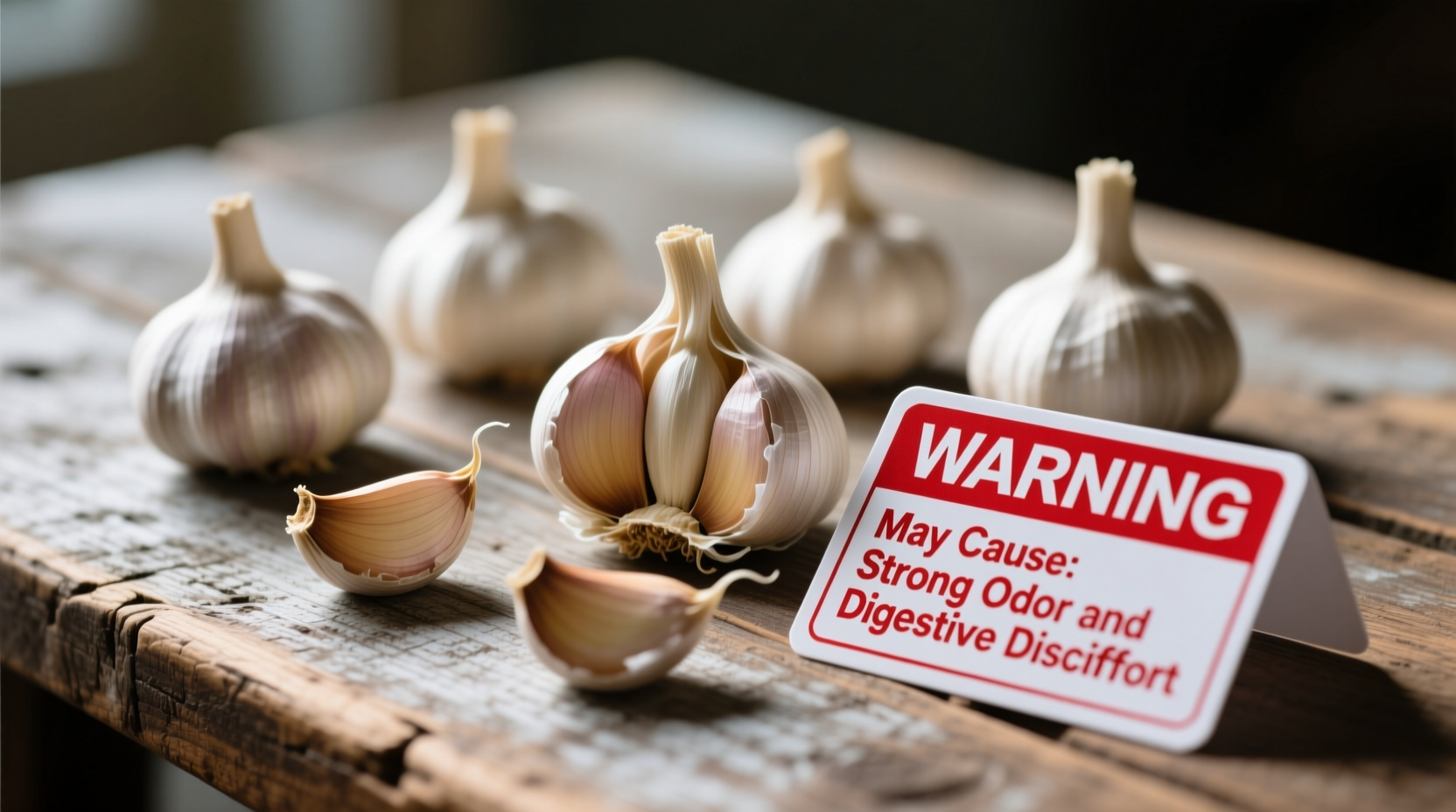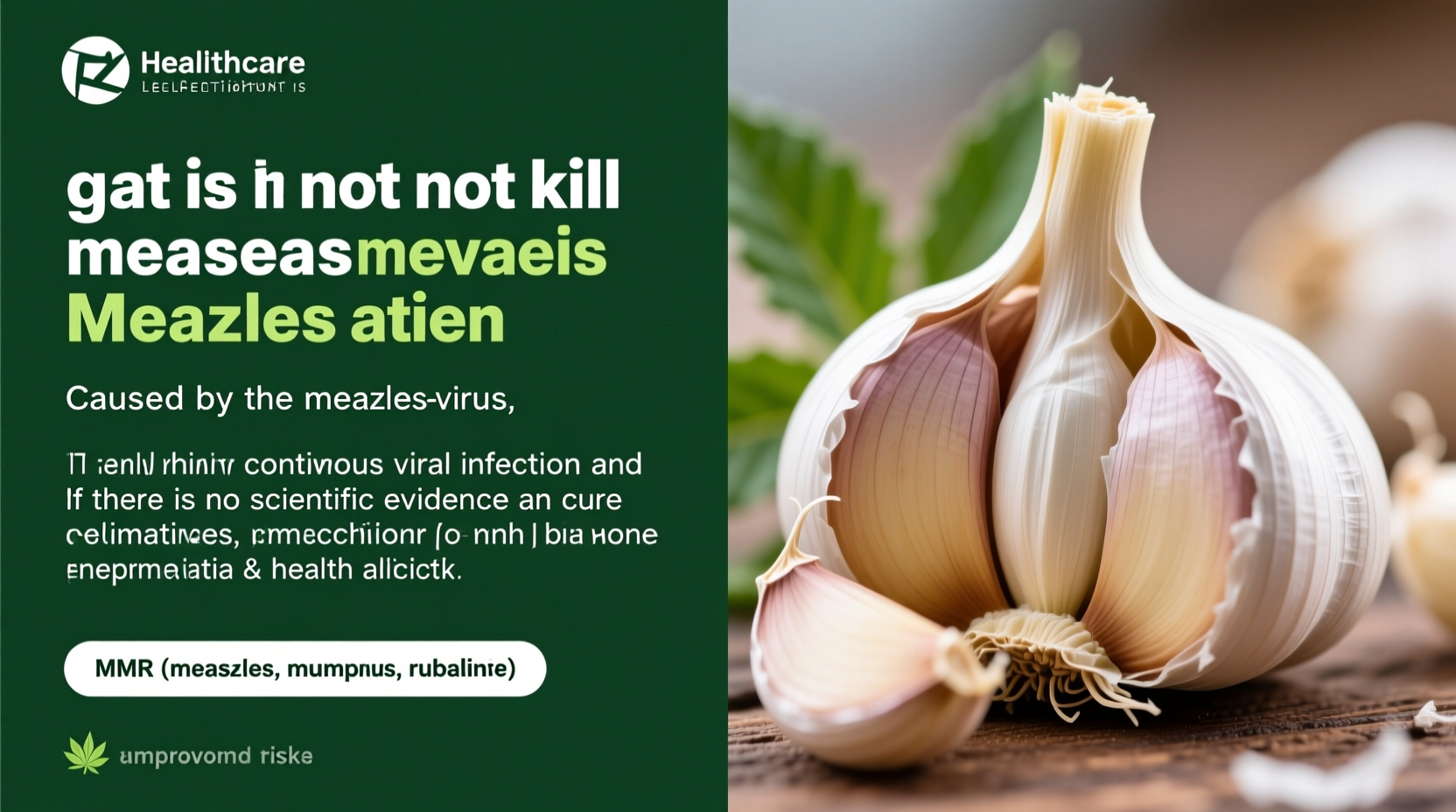When searching for natural remedies, it's crucial to separate fact from dangerous misinformation—especially for serious conditions like measles. This article provides evidence-based information about measles treatment, explains why garlic isn't a solution, and outlines what actually works for prevention and recovery.
Understanding Measles: Why Medical Treatment Matters
Measles isn't just a common childhood illness—it's a highly contagious viral infection that can lead to severe complications. According to the Centers for Disease Control and Prevention (CDC), approximately 1 in 4 unvaccinated people in the United States who get measles will require hospitalization. For every 1,000 children infected, 1-2 will die from complications like pneumonia or encephalitis.
The measles virus attacks your immune system, leaving you vulnerable to other infections. During the 7-14 day incubation period, the virus multiplies before symptoms even appear. Once symptoms develop—including high fever, cough, runny nose, and the characteristic rash—the virus has already caused significant damage to your respiratory tract and immune cells.

Garlic's Actual Properties: Separating Fact from Folklore
While garlic contains allicin, a compound with mild antimicrobial properties, research shows its effects are limited. A comprehensive review published in the Journal of the American College of Nutrition examined garlic's therapeutic potential and concluded: "While garlic shows promise for cardiovascular health and may have modest effects on some bacterial infections, there is no evidence supporting its use against viral infections like measles."
The misconception that garlic kills measles likely stems from historical use of garlic for general immune support. However, the immune-boosting effects of garlic are minimal compared to the robust immune response required to fight measles—which is why vaccination remains the only reliable prevention method.
| Measles Facts | Common Misconceptions |
|---|---|
| Requires medical monitoring for complications | "Natural remedies alone can cure measles" |
| Vaccination prevents 97% of cases | "Garlic provides similar protection as MMR vaccine" |
| Spreads through airborne transmission | "Boosting immunity with garlic stops transmission" |
| Can cause lifelong brain damage (SSPE) | "Measles is just a harmless rash" |
Why the Garlic Myth Persists and Its Dangerous Consequences
Misinformation about garlic curing measles often spreads through social media and alternative health circles. The World Health Organization (WHO) identifies vaccine hesitancy—fueled by such myths—as one of the top ten global health threats. When parents believe unproven remedies like garlic can prevent or treat measles, they may delay vaccination or proper medical care, putting their children and communities at risk.
In 2019, the United States experienced its highest number of measles cases in 25 years, primarily in communities with low vaccination rates. Many affected families had relied on misinformation about natural alternatives to vaccination. The CDC documented cases where children developed severe complications after parents attempted to treat measles with garlic and other unproven remedies instead of seeking medical care.
What Actually Works for Measles Prevention and Treatment
The MMR (measles, mumps, rubella) vaccine remains the only proven method for preventing measles. Two doses provide 97% protection, according to the CDC's vaccine effectiveness data. For those already infected, treatment focuses on:
- Medical monitoring for complications
- Vitamin A supplementation (proven to reduce complications)
- Hydration and fever management
- Isolation to prevent transmission
While supportive care at home is important during recovery, it should never replace professional medical guidance. The American Academy of Pediatrics emphasizes that "no alternative therapy has been shown to alter the course of measles infection or prevent complications."
When Natural Remedies Are Appropriate (and When They're Not)
Natural remedies can play a supportive role for minor ailments, but have clear limitations for serious conditions. Use this framework to evaluate health claims:
- For minor issues: Honey for coughs, ginger for nausea, or garlic for general wellness may provide mild relief
- For serious conditions: Always prioritize evidence-based medical treatment for infections like measles, influenza complications, or bacterial pneumonia
- Red flags: Claims that natural remedies "replace" vaccines or medical treatment for serious illnesses
Before trying any remedy, consult reliable sources like the CDC, WHO, or your healthcare provider—especially when treating children or managing serious conditions.
Conclusion: Protecting Yourself with Accurate Information
While garlic has some health benefits, it cannot kill the measles virus or replace vaccination. Relying on unproven remedies for serious illnesses like measles puts you and your community at risk. The most effective protection remains the MMR vaccine, supported by proper medical care when infection occurs. When evaluating health information, always check sources and consult healthcare professionals before making treatment decisions.











 浙公网安备
33010002000092号
浙公网安备
33010002000092号 浙B2-20120091-4
浙B2-20120091-4